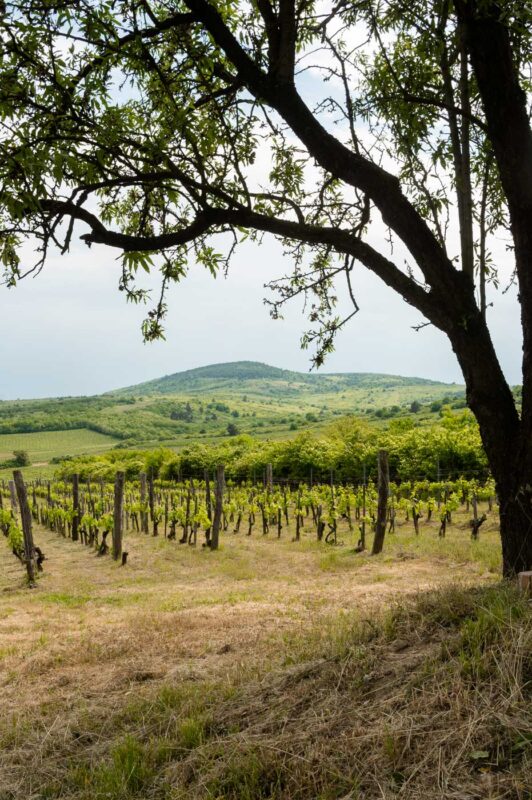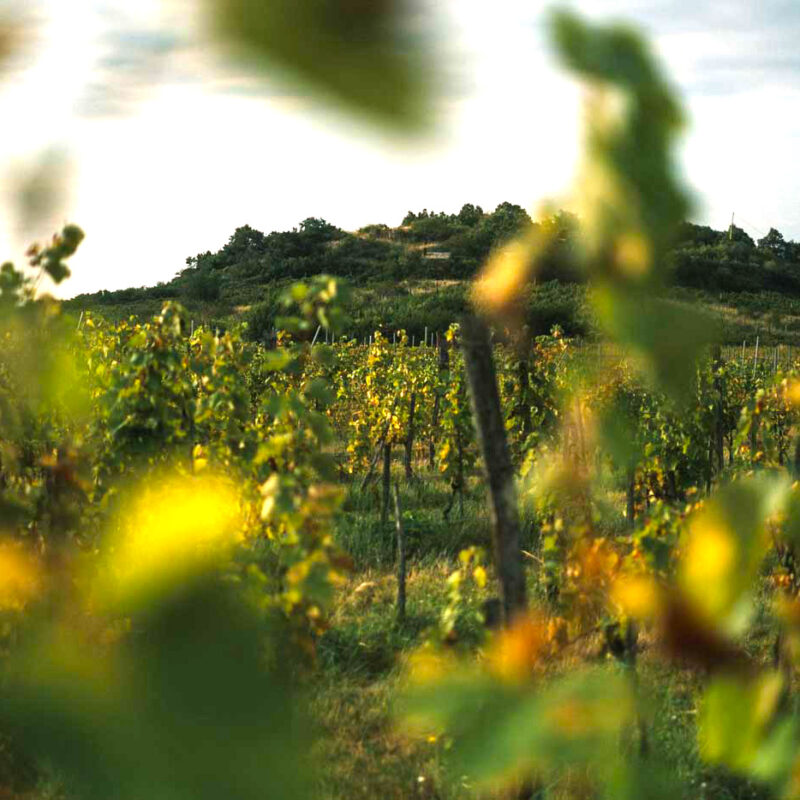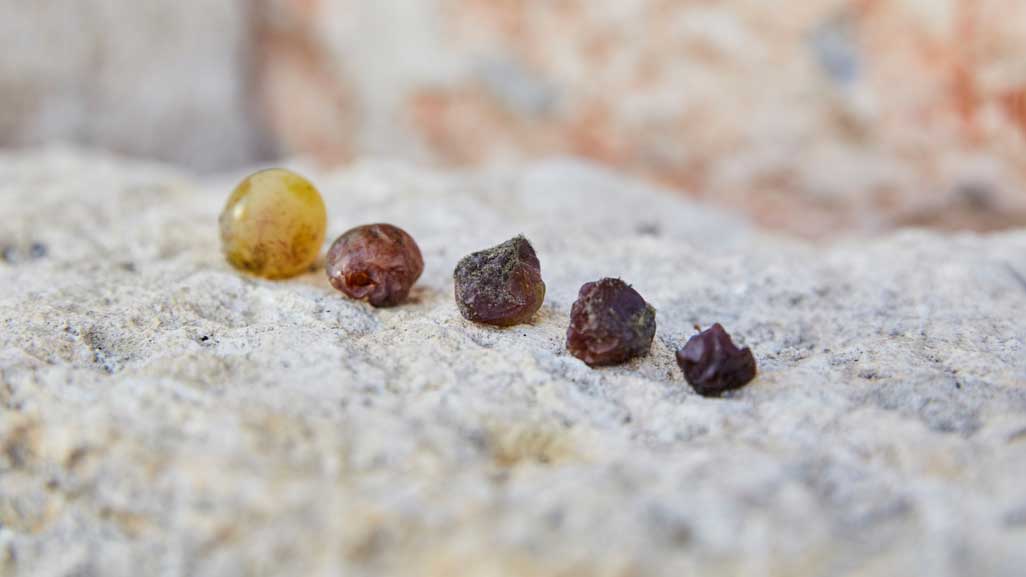Tokaj, still a rather mysterious Central European wine region known for its Aszú and Eszencia* sweet wines, has much to offer in the realm of dry wines for curious pleasure seekers and wine explorers.


Tokaj, still a rather mysterious Central European wine region known for its Aszú and Eszencia* sweet wines, has much to offer in the realm of dry wines for curious pleasure seekers and wine explorers.

Szolo Winery, founded in 2013 by Tímea and Tamás, boasts a rich heritage deeply connected to the land. Tímea, hailing from a long lineage of local grape growers in Tállya, a historic village in Tokaj, brings forth a profound connection to the region’s heritage.


Encompassing 12 hectares, their vineyards feature classic Tokaj varieties: Furmint, Hárslevelű, and Sárgamuskotály. However, what truly distinguishes Szolo Winery is its unwavering commitment to natural winemaking. Embracing organic and biodynamic farming practices, they nurture their vines to express the unique terroir of Tokaj.

The result? Vibrant, high-quality grapes, untouched by harsh chemicals, and bursting with flavor. Rejecting the heavy hand of oenological intervention, Szolo Winery allows nature to take the lead, crafting wines that eloquently speak of the land from which they originate.

It’s not merely their dedication to natural winemaking that sets Szolo apart, but also their devotion to tradition coupled with a spirit of innovation. In their cellar, ancient oak barrels coexist with modern ceramic vessels, as they explore new techniques while honoring Tokaj’s time-honored methods.

*
Aszú wines are renowned for their deep amber color and are crafted from grapes affected by noble rot, also known as Botrytis cinerea. This beneficial mold dehydrates the grapes, concentrating their sugars and flavors. The term “aszú” traditionally referred to the dried nature of these grapes. The primary grapes used are Furmint, accounting for 60% of production, and Hárslevelű. Aszú wines are esteemed for their complexity and balance of sweetness with acidity, often exhibiting flavors of apricot, honey, and spice.
Aszú berries—grape berries affected by noble rot—are macerated in base wine or fermenting must (which is made from the first harvest). The macerated aszú grape mixture, sometimes called the aszú dough, is pressed, and the resulting juice is fermented. The wine is then aged in oak barrels, where it matures over time.
Eszencia, also known as essence, is an extraordinary wine produced from the free-run juice of the same botrytized grapes used for Aszú. This juice is incredibly sweet, sometimes containing up to 800 grams of sugar per liter, and ferments very slowly due to its high sugar content. As a result, Eszencia can take years to ferment and typically has a very low alcohol content, ranging between two and six percent. It’s so rich and concentrated that it’s often served by the spoonful rather than in a glass. Eszencia is celebrated for its intense flavors and longevity, with the potential to age for more than 200 years.
Tokaji Szamorodni is a unique type of wine from the Tokaj region. The term “Szamorodni” derives from the Polish word “samorodny,” meaning “as it comes,” reflecting that the wine is made from the grapes as they are harvested, including both healthy and botrytized (noble rot) berries. This blend gives the wine its distinctive character.
The dry Szamorodni is fermented until it becomes dry, while the sweet Szamorodni retains some of the natural sugars from the grapes. Both styles require aging in oak barrels for a minimum of six months, contributing to their complex flavors and aromas. Over time, these wines can develop rich notes of dried fruits, honey, and spices, offering a delightful experience for the palate.